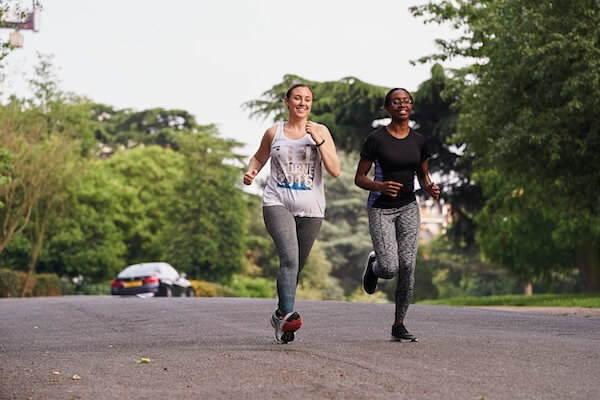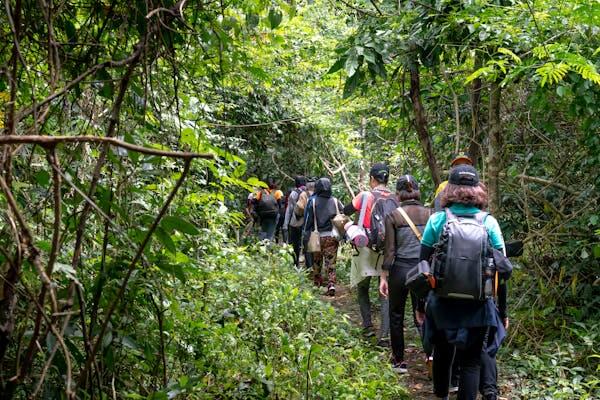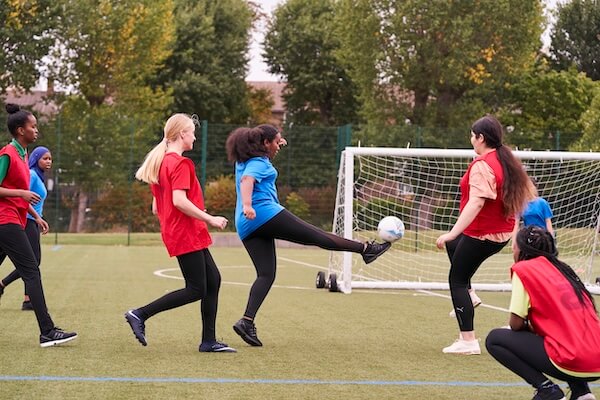
Physical Inactivity Costs Western Sydney $1.5 Billion Annually and Increases Health Risks
Western Sydney is facing a major public health and economic crisis due to physical inactivity. According to the recent report Tackling Inactivity and Inequity in Western Sydney: A Systems Approach by researchers at Western Sydney University, the region loses approximately $1.5 billion annually due to the health impacts of inactivity. This issue disproportionately affects socioeconomically marginalised communities, where barriers such as poor infrastructure, cost pressures, cultural challenges, and extreme heat limit access to physical activity. Addressing this crisis requires a coordinated, systems-based approach to promote active lifestyles and ensure equitable access to recreational opportunities.
The High Cost of Inactivity
The economic burden of physical inactivity in Western Sydney is staggering. The $1.5 billion annual cost includes direct healthcare expenses, lost productivity, and other economic impacts linked to chronic conditions such as diabetes, cardiovascular disease, and obesity. These illnesses are more prevalent in lower-income communities, where access to parks, walking paths, and recreational facilities is often limited.
The report highlights that inactivity is not just a health issue but a key equity concern. Residents in wealthier areas typically have greater access to fitness amenities and safe, walkable spaces, whereas those in lower-income suburbs face multiple systemic barriers. These disparities contribute to worsening health outcomes and further strain the healthcare system.
Barriers to Physical Activity in Western Sydney
Several factors contribute to Western Sydney's high rates of inactivity, particularly in marginalised communities:
- Socioeconomic Pressures: The rising cost of living makes gym memberships, sports programs, and recreational activities financially out of reach for many families.
- Inadequate Infrastructure: Many suburbs lack sufficient parks, cycling paths, and pedestrian-friendly areas. Limited public transport options also make it difficult for residents to reach existing facilities.
- Cultural and Linguistic Barriers: Diverse communities may face challenges in accessing information about available programs, and some may require culturally appropriate spaces for exercise.
- Extreme Heat and Climate Vulnerability: Western Sydney experiences significantly higher temperatures than coastal regions, making outdoor physical activity difficult, especially in summer.
A Systems Approach to Overcoming Inactivity
The report calls for a systems approach—an interdisciplinary strategy that brings together health, education, sports, industry, and community sectors to create sustainable change. Key recommendations include:
- Prioritising Preventive Health Initiatives: Investing in programs that encourage physical activity can reduce the long-term burden on the healthcare system. Schools, workplaces, and local councils should play an active role in promoting movement as part of daily life.
- Addressing Community-Specific Barriers: Tailored solutions, such as offering multilingual health promotion programs and culturally inclusive exercise initiatives, can help increase participation in underrepresented groups.
- Investing in Marginalised Areas: Building new parks, upgrading walking and cycling infrastructure, and ensuring recreational spaces are accessible and safe can significantly improve activity levels in disadvantaged communities.
- Empowering Local Leadership: Community organisations and local leaders should be supported in driving change, ensuring solutions are locally relevant and sustainable.
A Healthier Future for Western Sydney
Tackling physical inactivity requires a long-term commitment from government, businesses, and community stakeholders. By addressing the systemic barriers that prevent people from being active, Western Sydney can reduce its health inequities, lower economic costs, and build a healthier, more active population. Implementing a comprehensive, place-based strategy will not only improve individual wellbeing but also strengthen the region’s social and economic resilience.






